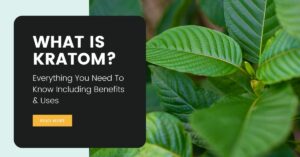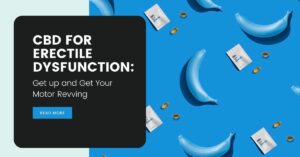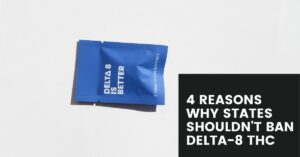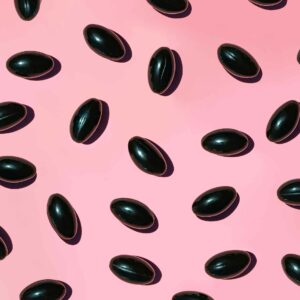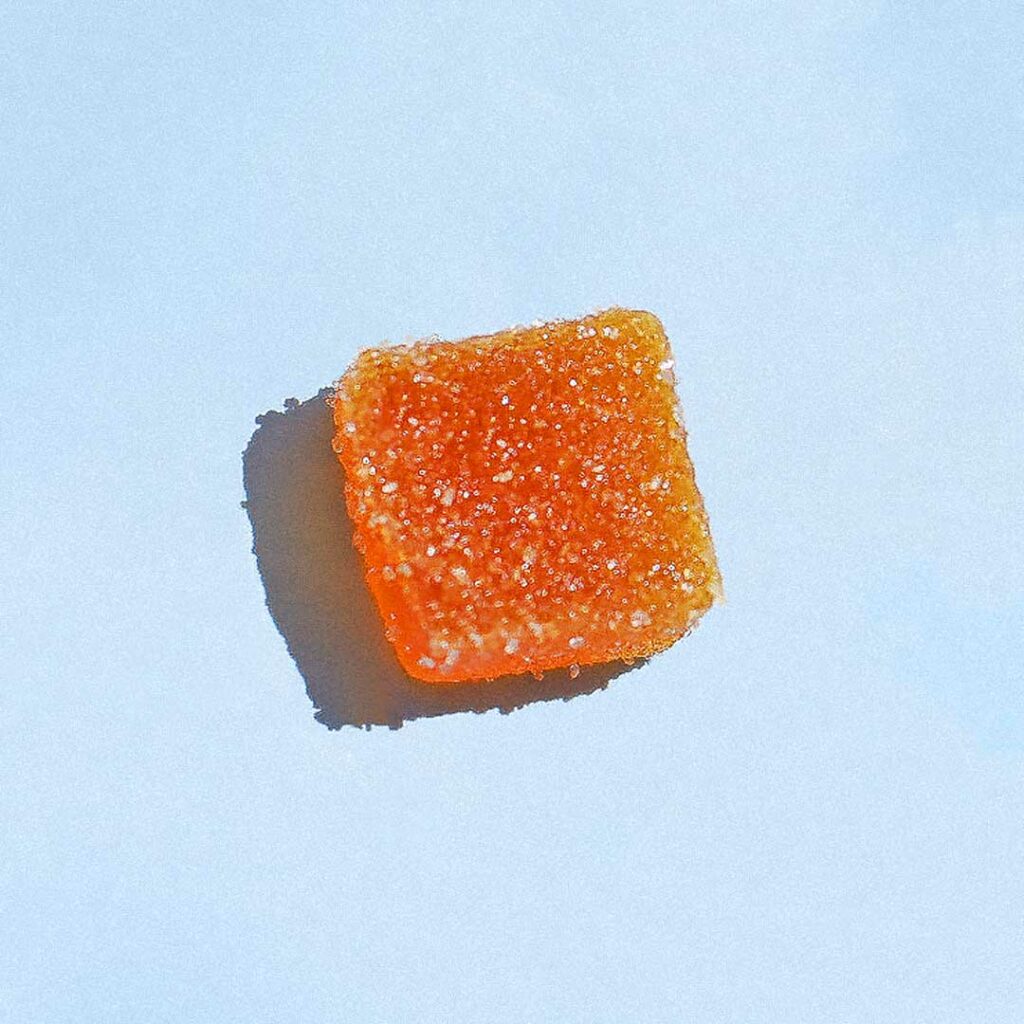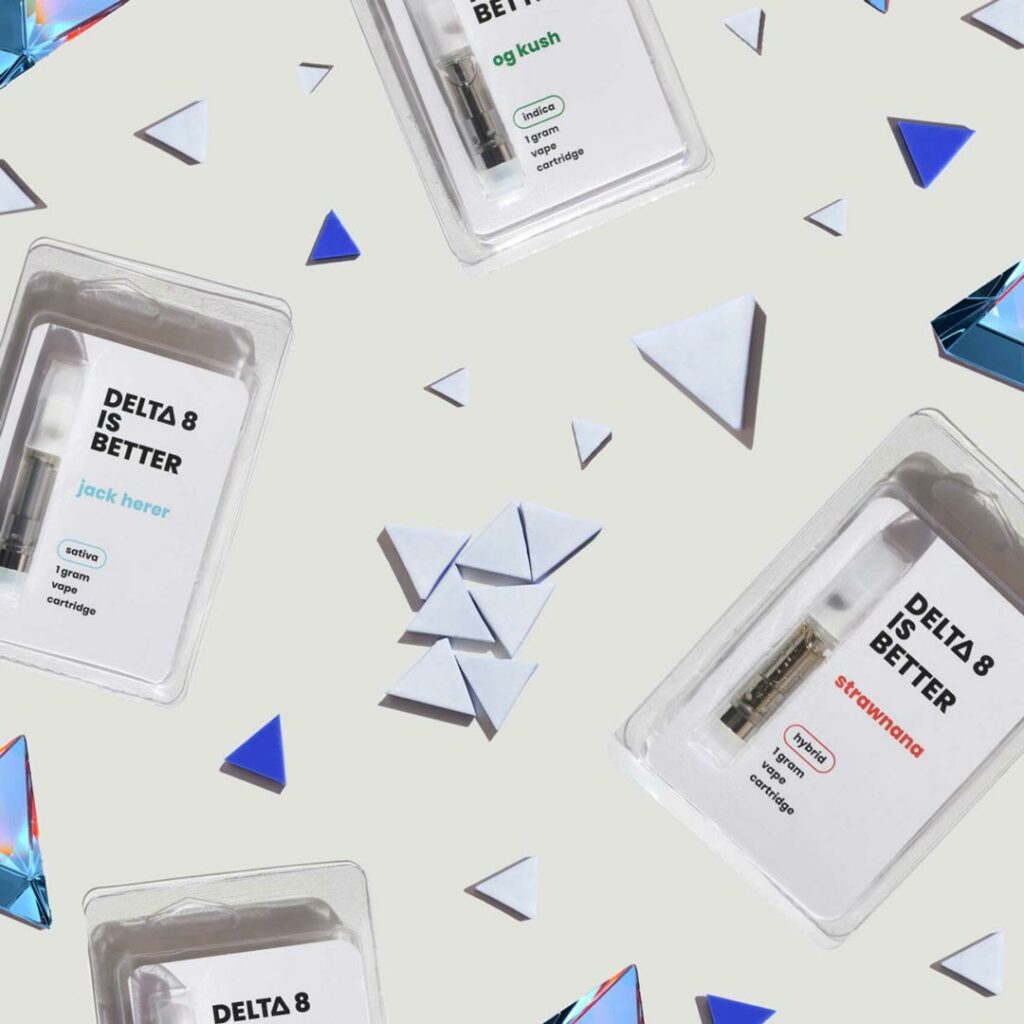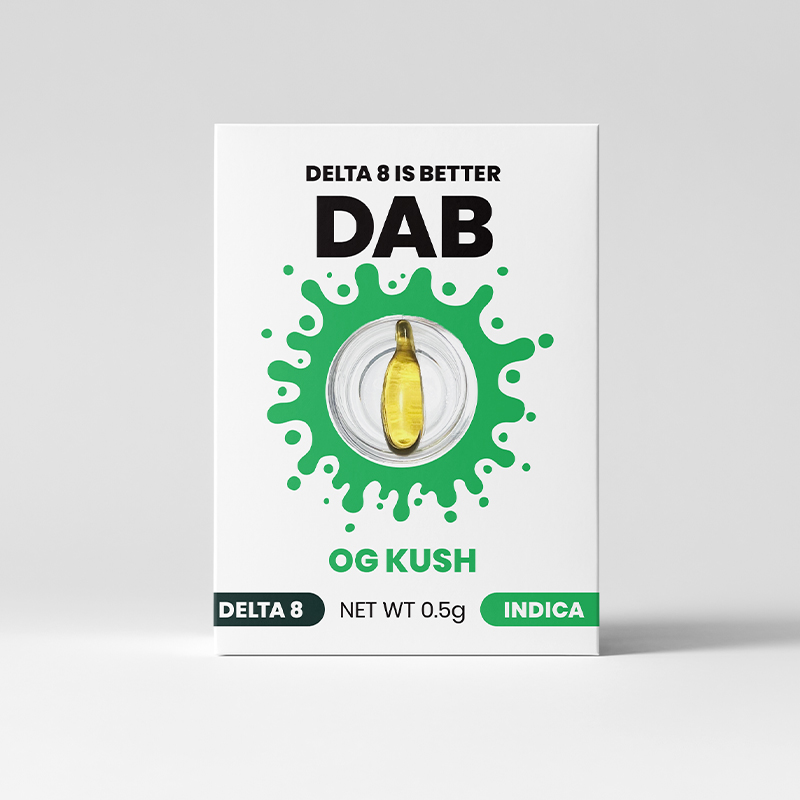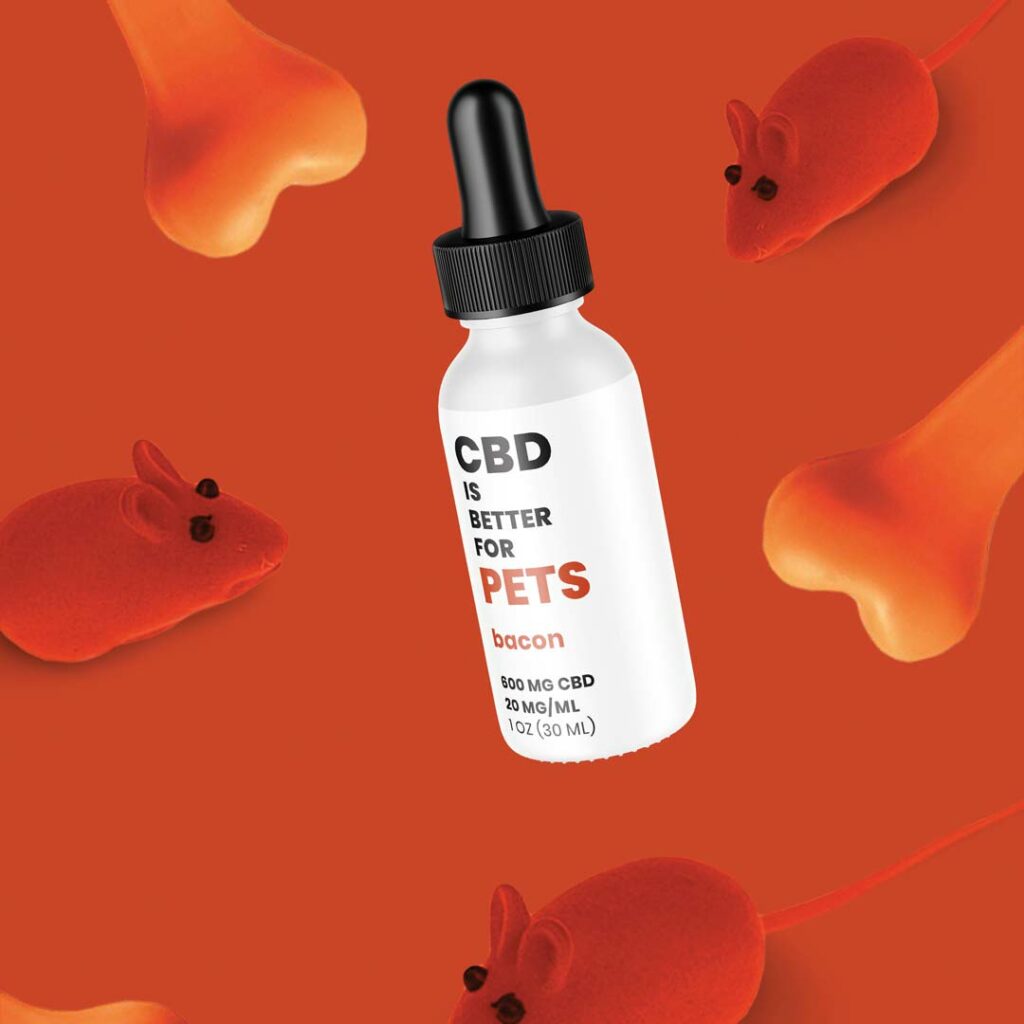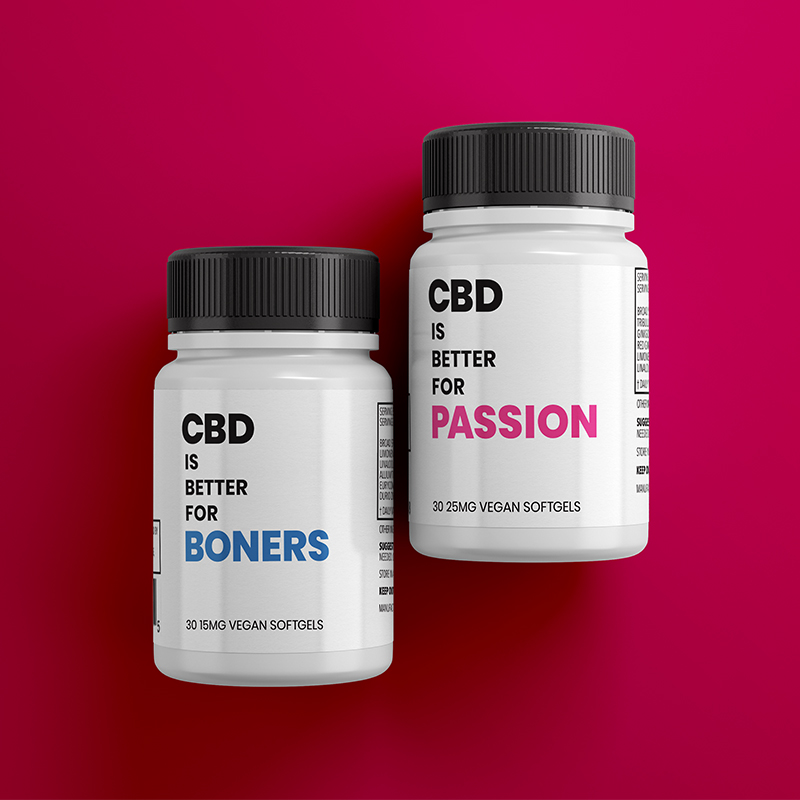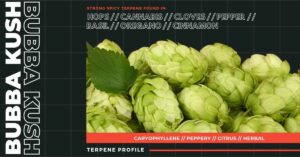


Delta-8 THC, a naturally occurring cannabinoid found in the hemp plant, is both the hottest new product in the cannabis space and the industry’s latest bogeyman.
Every day, there’s a new article expressing alarm about Delta-8’s legality, accusing those who produce and sell it of risking consumer safety. More than 15 states have actually banned Delta-8 outright—but what’s most shocking about these bans is that they are supported by so many hemp and cannabis business leaders.
I am a 13-year veteran of the hemp and cannabis space, and I also manufacture Delta-8 products. I can assure you that I and many other ethical operators care deeply about consumer safety, and want these products to be studied, tested, and regulated. So I’m asking my industry colleagues to stop fueling the Delta-8 panic. I believe Delta-8 serves a genuine need, and the demand for it has been a much-needed boost to the struggling hemp industry.
Banning Delta-8 won’t protect public safety. Our industry should know better than any other that prohibition never works. It creates illegal markets, strengthens unethical operators, and endangers consumers. We can do better.
Delta-8 Has People Up in Arms
Delta-8’s controversy stems from its strong similarity to its federally illegal cousin, Delta-9-tetrahydrocannabinol, commonly known as Delta 9-THC or just THC. Though THC’s psychoactive properties often steal focus from its many important medical applications, it’s best-known as the compound in cannabis that gets consumers high. While Delta 8 occurs naturally in hemp and cannabis, it can be sourced far more easily from hemp CBD isolate. Delta-8-THC’s molecular structure differs just slightly from Delta-9-THC—but it is a crucial difference, both legally and in terms of its effects on consumers.
Let’s review the four most common arguments for banning Delta 8, and why they don’t hold up to scrutiny.
Argument #1: Delta-8 is illegal
Critics accuse Delta-8 vendors of exploiting loopholes in the law in order to sell an illegal cannabinoid.
The reality: The 2018 Farm Bill legalized hemp and all hemp-derived cannabinoids, and that includes hemp-derived Delta 8. Yes, statements issued by the Drug Enforcement Agency have confused the issue—but there is still a strong legal argument for Delta 8’s legality. Like CBD, it does fall into a regulatory gray area—yet no one’s pushing to ban CBD. Just like CBD, the solution to Delta 8’s complicated legal status should be clarification, not prohibition.
Argument #2: Delta-8 must be banned because it’s intoxicating
Delta 8 critics argue that CBD’s confusing legal status doesn’t matter because CBD isn’t intoxicating.
The reality: Delta 8 definitely has intoxicating properties—but one of the reasons for its popularity is that it seemingly exhibits far lower psychotropic potency than THC. A recent article in Discover Magazine reported that many consumers experience Delta 8 as “a smoother, less anxious psychoactive experience than the more familiar Delta-9.
Yes, some people consume Delta 8 to experience euphoria. So what? It likely relieves their stress, reduces their pain and improves their sleep as well. Some hemp industry leaders seem to consider getting high a moral failing, but I’d argue that Delta 8 serves an important need, because it falls right in the sweet spot between non-intoxicating CBD and the potentially overwhelming effects of THC.
Patients who want THC’s many documented health benefits (better sleep, pain relief) often don’t consume it because of its less-welcome side effects, like anxiety. As one Harvard Medical School instructor Peter Grinspoon, MD, told Insider, “I can’t tell you how many patients I have who say, ‘I’d love to use medical cannabis instead of opiates for pain, except it makes me anxious.’ Delta-8 might be a very good option for people like that.”
Argument #3: Delta-8 has never been studied
Without proper clinical trials on Delta-8, we don’t know enough about it and therefore it needs to be banned.
The reality: We absolutely need more clinical trials of Delta-8, just like we need more clinical trials of CBD and THC. But the research we do have indicates that Delta-8 has properties similar to THC, just with less psychoactivity. The National Cancer Institute describes Delta 8 as an “analogue of tetrahydrocannabinol (THC) with antiemetic, anxiolytic, appetite-stimulating, analgesic, and neuroprotective properties.” A 1996 study of pediatric cancer patients found that Delta 8 completely eliminated the children’s chemotherapy-related nausea and vomiting, with no side effects. The response to questions about Delta 8’s properties should be more research—banning it is not.
Argument #4: Banning Delta-8 will stop people from consuming it.
The reality: Banning a substance does not end the demand for it. Delta-8 is already enormously popular; retailers nationwide sold at least $10 million worth of Delta-8 products last year. Demand will continue, despite all these state bans—that horse left the barn long ago. When states ban Delta-8, bad actors will simply meet product demand through the illegal market, without any safety standards, testing or oversight. Of all industries, hemp and cannabis should know how this kind of story ends.
Let’s say we gave in to the moral panic and banned Delta-8 nationwide. There are at least 144 known cannabinoids. Are we really going to propose separate state and federal legislation for more than 140 individual plant compounds? (We’re already hearing rumbles about Delta 10.)
State cannabis regulators and hemp industry leaders can propose quality and safety standards for Delta 8. As an industry, we can urge consumers to purchase Delta 8 exclusively from suppliers who publish third-party test results that prove the contents, safety, and potency of their products. Let’s work together to educate consumers, ensure products meet thorough testing standards and regulate Delta-8 responsibly. As history has demonstrated many times, prohibition will accomplish none of the above.
Robert Johnson
READ MORE
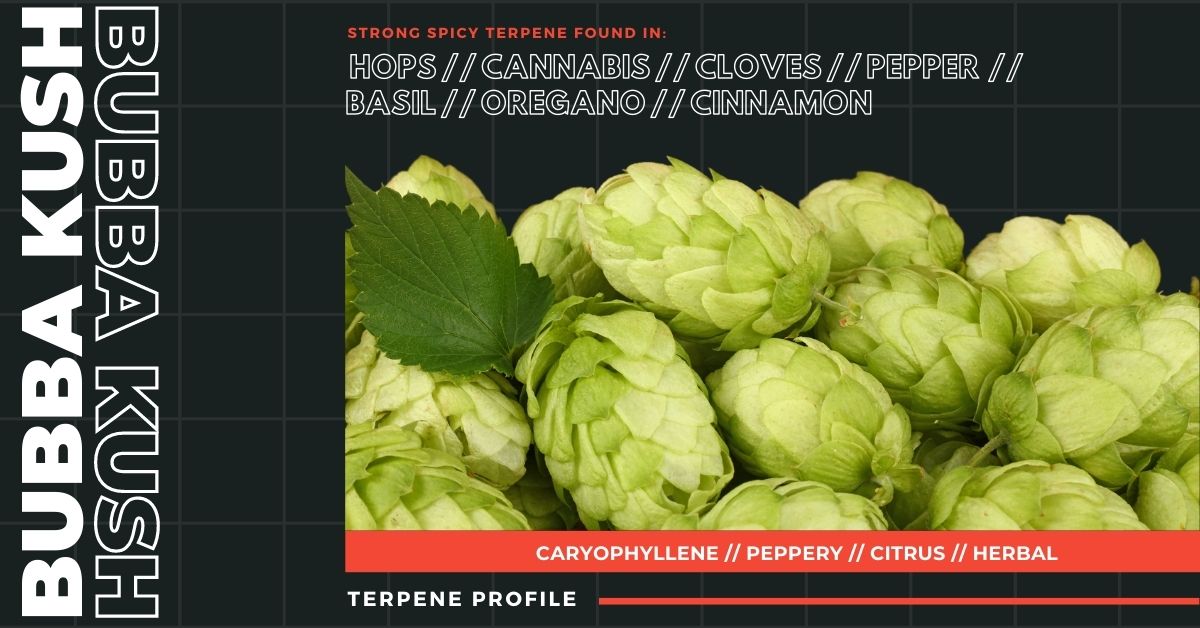
Terpenes 101: What is Caryophyllene and What Does it Do?
Caryophyllene, also called beta-caryophyllene or BCP, this terpene can be found in hops, cloves, black pepper, oregano, cinnamon, basil and strains of cannabis. If you’ve ever taken a whiff of herb with a funky bite that hits like smelling cracked pepper, it’s likely rich in caryophyllene.
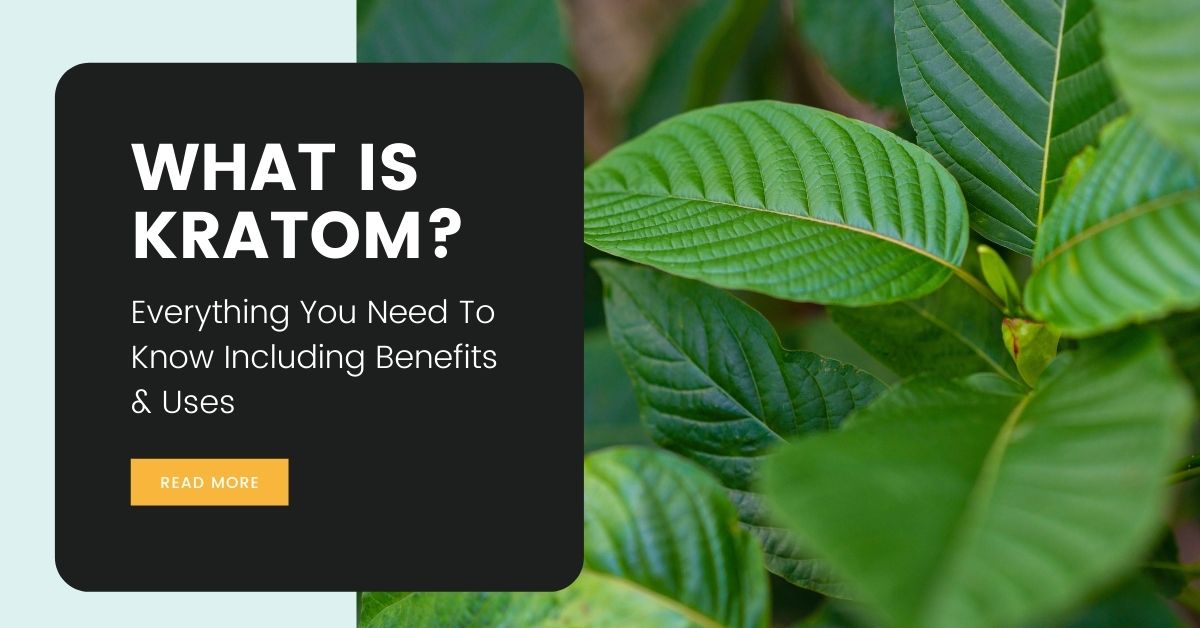
What is Kratom? Everything You Need To Know Including Benefits & Uses
There have been uses of kratom for centuries in traditional medicine in Southeast Asia. It has many potential uses and benefits as well as considerable risks. Read on to learn more about using kratom for your health.
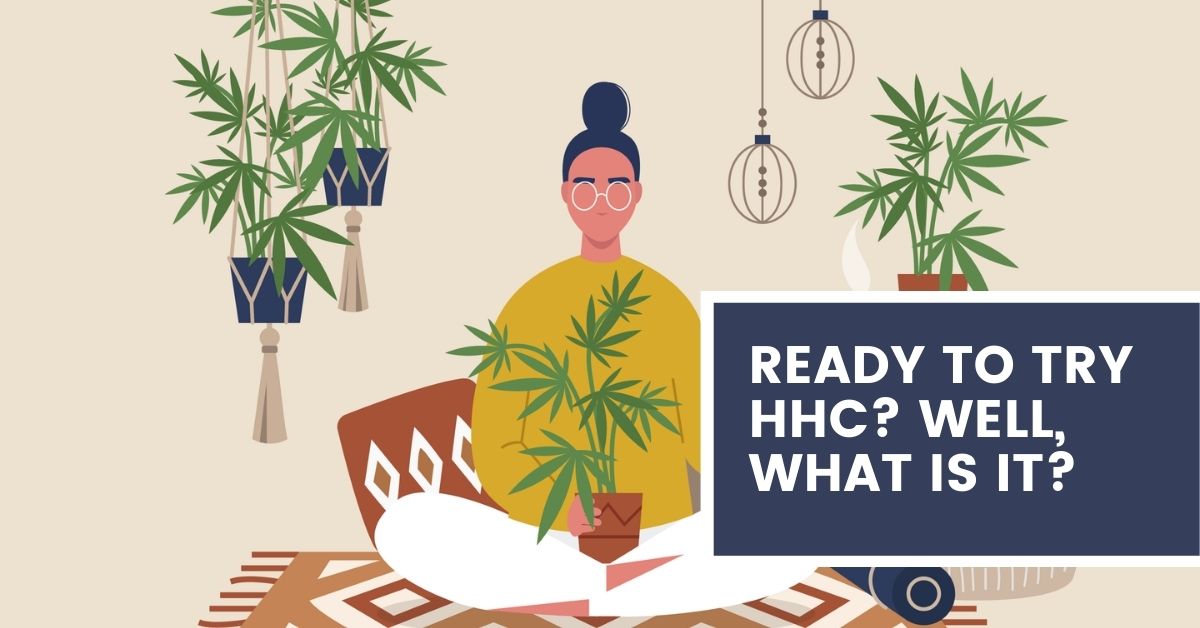
Thinking of Trying an HHC Vape But Find Yourself Wondering What Exactly is HHC?
One of the unintended benefits of the 2018 Farm Bill that made agricultural hemp federally legal was the new wave of THC analogs hitting the market with very similar effects to the THC we all know and love. One of the newest, HHC is actually not a THC analog at all but it’s close. How close? Let’s break it down.
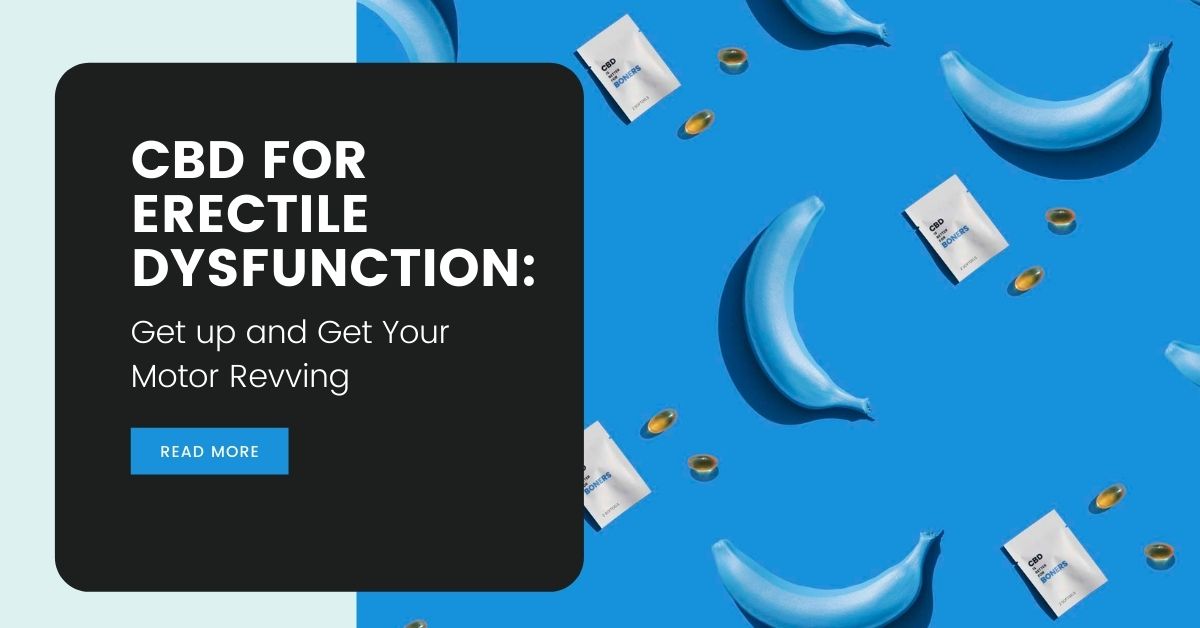
CBD for Erectile Dysfunction: Get up and Get Your Motor Revving
Although it’s often a sensitive subject, the truth is that approximately 52% of all men have or will experience erectile dysfunction (ED) at some point in their lives often much younger than one would expect.
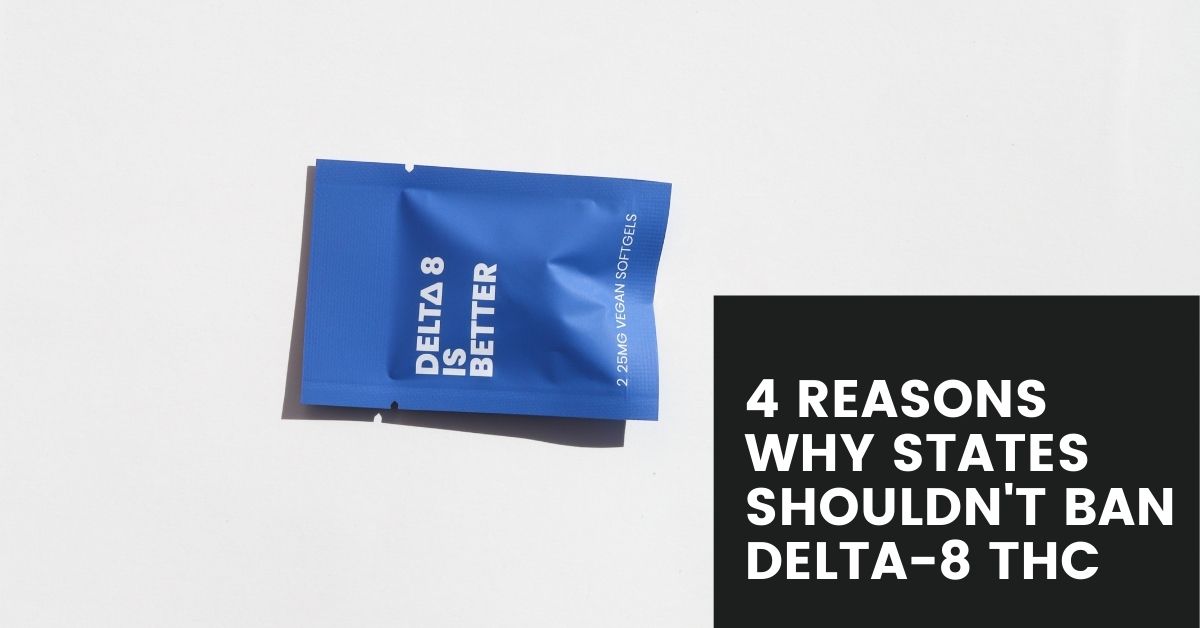
4 Reasons Why States Shouldn’t Ban Delta-8 THC
More than 15 states have actually banned Delta-8 outright but what’s most shocking about these bans is that they are supported by so many hemp business leaders.
